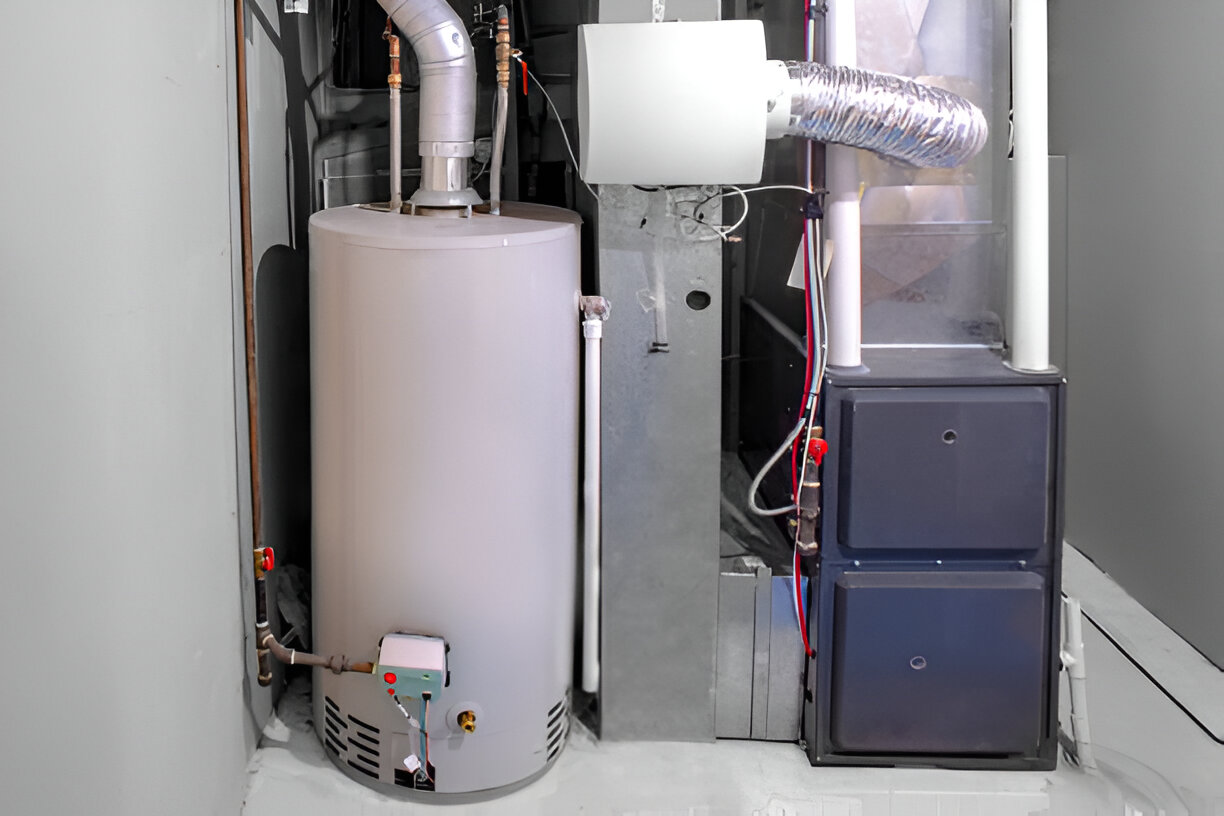
Heating Tune-Up in Neffsville, PA
Keeping your heating system running safely and efficiently is critical for Neffsville homes, where cold Lancaster County winters and variable shoulder seasons make reliable heat essential. A professional heating tune-up focuses on safety checks, combustion testing, airflow verification, thermostat calibration, and minor adjustments so your furnace, boiler, or heat pump performs dependably, uses less energy, and lasts longer.
Why a heating tune-up matters in Neffsville, PA
- Winters in Neffsville bring sustained low temperatures and occasional snow, which increases runtime and stress on heating equipment.
- Older homes in the Lancaster area often have mixed systems—natural gas, propane, oil, or electric—each with specific maintenance needs.
- Timely tune-ups reduce the risk of safety hazards like carbon monoxide exposure and help avoid midwinter breakdowns when repair costs and inconvenience are highest.
Common heating problems in Neffsville homes
- Weak or inconsistent airflow, often from dirty filters or restricted ducts.
- Pilot light or ignition failures on furnaces and boilers, aggravated by seasonal cycling.
- Inefficient combustion leading to higher fuel use, common with aging burners or poor airflow.
- Thermostat miscalibration causing short-cycling or uneven temperatures.
- Minor leaks, loose electrical connections, or worn belts and bearings that increase noise and wear.
What a comprehensive heating tune-up includes
A professional tune-up is a systematic inspection, cleaning, testing, and small adjustments package designed to restore safe, efficient operation.
Inspection and basic maintenance
- Visual inspection of the furnace, boiler, or heat pump cabinet, combustion chamber (if applicable), heat exchanger, and flue/venting for obvious damage or corrosion.
- Filter check and recommendation for replacement; many problems trace back to a dirty or incorrect filter.
- Cleaning of accessible components: burners, pilot assembly, condensate drains, and drain pans.
Safety control checks and electrical
- Verify operation of safety controls and limit switches to ensure the system shuts down safely if temperatures or pressures exceed safe limits.
- Inspect and tighten electrical connections; test capacitors, contactors, and relays to prevent intermittent failures.
Combustion testing and venting (for gas, propane, and oil systems)
- Perform combustion analysis to measure combustion efficiency and CO (carbon monoxide) levels. This confirms the burner operates correctly and safely.
- Inspect flue and venting paths for blockages, leaks, or corrosion that can lead to dangerous exhaust backflow.
Airflow verification and duct assessment
- Measure airflow and static pressure (where applicable) to confirm the blower and ductwork deliver sufficient conditioned air.
- Inspect supply and return ducts for obvious leaks, disconnections, or insulation issues that reduce efficiency.
Thermostat calibration and control checks
- Calibrate the thermostat against measured room temperatures and verify setpoints.
- Inspect control wiring and programmable settings to ensure the system follows intended schedules and setbacks.
Performance testing and minor adjustments
- Test system cycling, start-up sequence, and runtime under load.
- Adjust gas pressure, burner settings, or refrigerant charge (for heat pumps) within safe tolerances where needed.
- Lubricate moving parts and replace small components such as belts and filters when required.
Expected outcomes after a tune-up
- Improved safety with verified combustion performance and working safety controls.
- Better heating comfort: more consistent temperatures, fewer cold spots, and quieter operation.
- Increased energy efficiency leading to lower monthly fuel or electricity use.
- Reduced likelihood of emergency breakdowns during peak winter conditions.
- Extended equipment lifespan because mechanical stress and wear are minimized.
Recommended intervals and seasonal timing
- Annual heating tune-up before the heating season (late September through October) is the standard recommendation for most furnaces, boilers, and heat pumps in Neffsville.
- Older systems or equipment with a history of issues may benefit from semiannual checks. Boilers and oil-fired systems often require more frequent attention.
- If you notice reduced performance, strange odors, frequent cycling, or unusual noises at any time, schedule an inspection regardless of your normal interval.
What homeowners can do between tune-ups
- Replace or clean HVAC filters monthly or per manufacturer guidance; filters are the single most common cause of airflow problems.
- Keep vents and returns unobstructed by furniture and check for visible duct leaks in accessible areas like basements and crawlspaces.
- Test fuel supply and exterior vent caps for bird nests, snow buildup, or debris after storms.
- Install and regularly test carbon monoxide detectors near sleeping areas—especially important for homes with combustion appliances.
Systems covered and special considerations for Neffsville
- Furnaces (gas, oil, electric): Combustion testing and heat exchanger inspection are priority items for fuel-burning furnaces.
- Boilers (steam and hot water): Tune-ups emphasize pressure/temperature controls, expansion tanks, and leak checks.
- Heat pumps: Service focuses on refrigerant levels, reversing valve operation, defrost cycle, and supplemental heating integration.
- Older rural properties may have propane or oil systems that require burner adjustments and fuel-line inspections—common in parts of Lancaster County.


Enjoy flexible financing options that make upgrading or repairing your HVAC system easy and budget-friendly.










